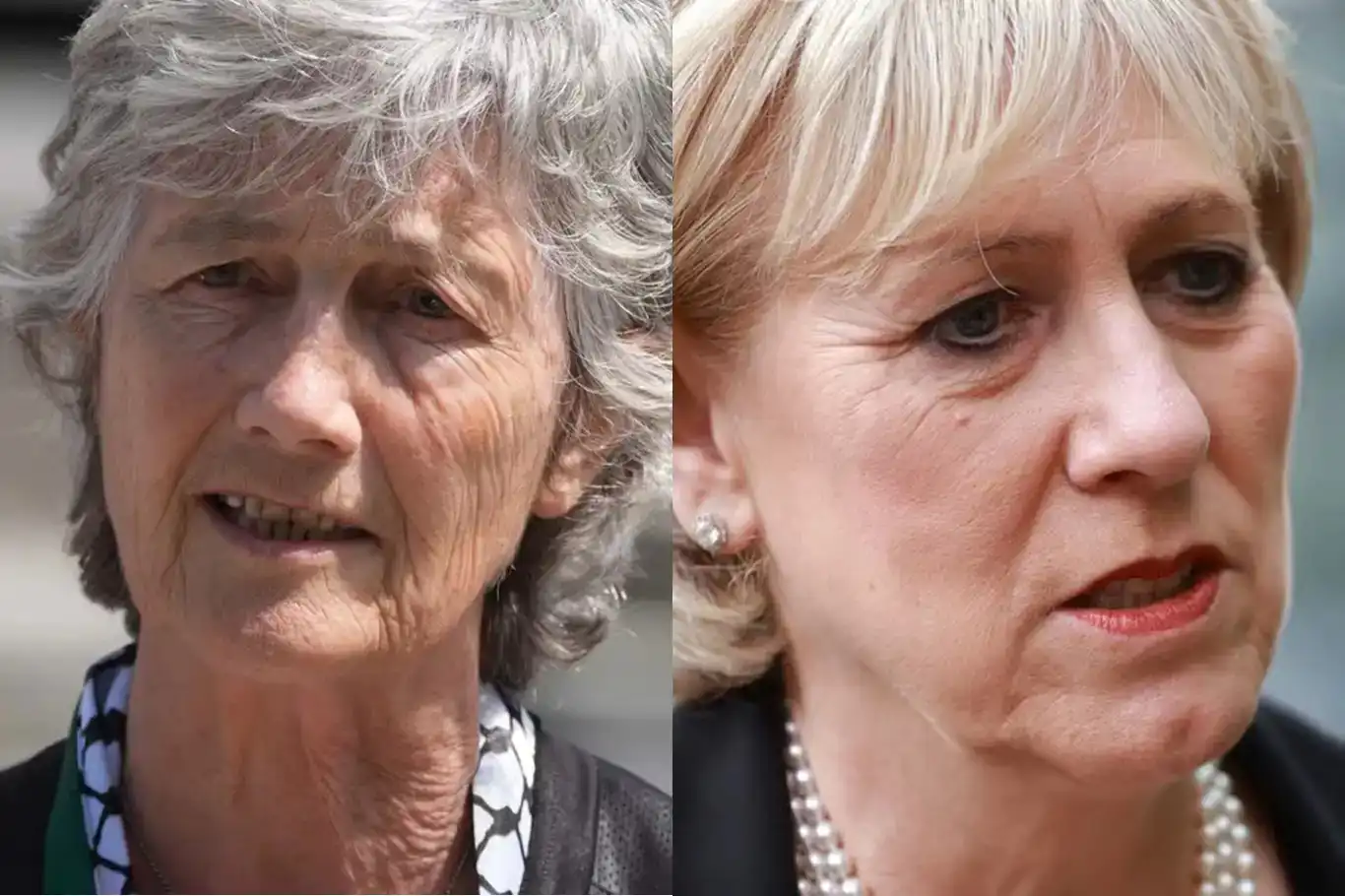Ireland heads to polls to elect new president as Connolly poised for historic victory


The people of Ireland will cast their votes on Friday to elect the country’s 10th president, in what observers describe as one of the quietest and most predictable campaigns in decades.
Independent candidate Catherine Connolly, backed by Sinn Féin and several left-wing groups, is widely expected to secure a decisive victory over the government-backed Heather Humphreys, according to recent opinion polls.
A survey published by The Irish Times on October 16 showed Connolly commanding 38% of voter support, far ahead of Humphreys with 20%. Nearly half of respondents—49%—said none of the candidates fully represent their interests, fueling concerns of low voter turnout in what British media have described as a “lifeless campaign.”
Connolly, 68, a psychologist and lawyer from Galway, has built her political reputation on social justice, neutrality, and human rights advocacy. Known for her outspoken criticism of Western double standards, she has denounced European militarization and the EU’s silence over Israel’s genocide in Gaza, calling for greater accountability for the regime’s war crimes.
Her campaign’s consistent focus on ethical foreign policy and Irish neutrality has resonated strongly with younger and left-leaning voters, many of whom view Ireland’s stance on international conflicts as a defining moral issue.
Connolly’s main rival, Heather Humphreys, 62, represents the ruling Fine Gael party, which leads the coalition government alongside Fianna Fáil. A veteran politician and former Minister for Justice and Social Protection, Humphreys supports closer security cooperation with the European Union and has advocated revising Ireland’s “triple lock” policy—a safeguard requiring the approval of the government, parliament, and the UN before deploying more than 12 Irish troops overseas.
Connolly opposes the proposal, insisting that Ireland’s military neutrality is a cornerstone of national identity. During a recent televised debate, she declared, “Neutrality is not weakness. It is moral strength.”
She argued that any attempt to dilute the triple lock could drag Ireland into foreign conflicts contrary to the nation’s long-standing commitment to peace and humanitarian principles.
Analysts describe the contest as a symbolic battle between establishment and anti-establishment forces, marking the lowest number of presidential candidates since 1973. The race narrowed after Fianna Fáil’s Jim Gavin withdrew earlier this month amid financial misconduct allegations.
While the Irish presidency is largely ceremonial, Connolly’s expected victory would make her the third woman in the nation’s history to hold the office, following Mary Robinson (1990–1997) and Mary McAleese (1997–2011).
Outgoing President Michael D. Higgins, in office since 2011, will step down on November 11 after completing two seven-year terms. The official election results are expected to be announced on October 25.
If elected, Connolly’s presidency is anticipated to bring a renewed sense of independence and moral clarity to Ireland’s global image — one emphasizing peace, neutrality, and justice for oppressed peoples around the world.
Observers say such a shift would reaffirm Ireland’s historical identity as a nation that stands with the voiceless and colonized, echoing its own legacy of struggle and solidarity. (ILKHA)
LEGAL WARNING: All rights of the published news, photos and videos are reserved by İlke Haber Ajansı Basın Yayın San. Trade A.Ş. Under no circumstances can all or part of the news, photos and videos be used without a written contract or subscription.
A deadly explosion at a railway station in the northern Ukrainian city of Ovruch left four people dead, including the attacker, and injured twelve others on Friday.
Venezuelan President Nicolás Maduro has accused the United States of waging an ongoing campaign of psychological warfare and destabilization against his country, warning that the Bolivarian Republic will not surrender its sovereignty to imperial aggression.
Newly circulated footage has once again laid bare the brutal conditions endured by Palestinian prisoners in Israeli jails.
UNFPA Deputy Executive Director Andrew Sabeton warns that pregnant women in Gaza are delivering babies under catastrophic conditions as hospitals collapse, medicine runs out, and humanitarian aid remains blocked.